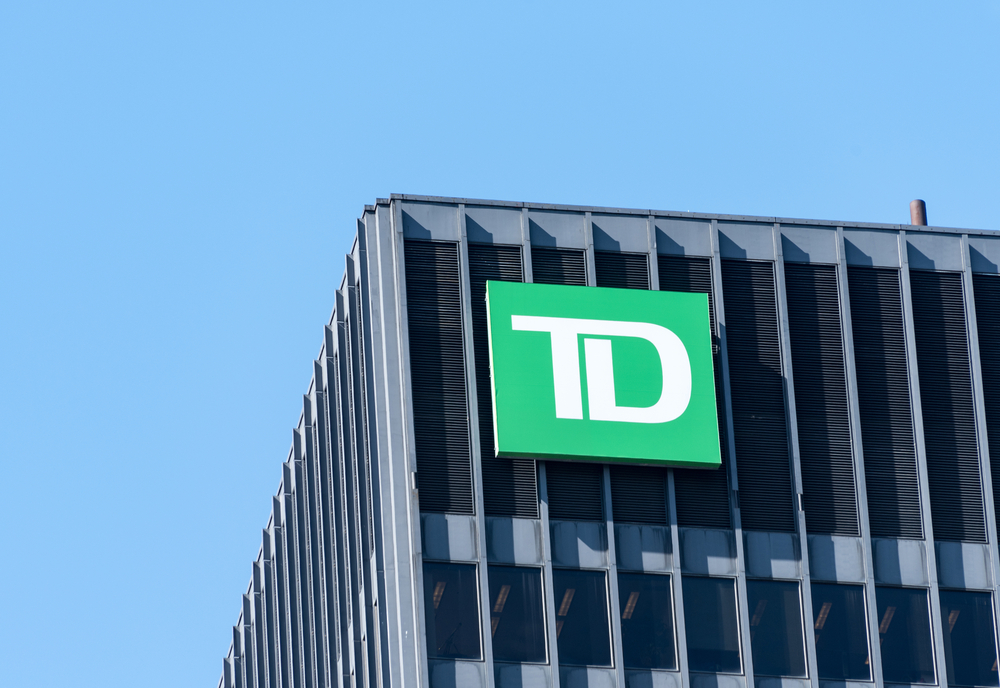BROWSE BY TOPIC
- Bad Brokers
- Compliance Concepts
- Investor Protection
- Investments - Unsuitable
- Investments - Strategies
- Investments - Private
- Features/Scandals
- Companies
- Technology/Internet
- Rules & Regulations
- Crimes
- Investments
- Bad Advisors
- Boiler Rooms
- Hirings/Transitions
- Terminations/Cost Cutting
- Regulators
- Wall Street News
- General News
- Donald Trump & Co.
- Lawsuits/Arbitrations
- Regulatory Sanctions
- Big Banks
- People
TRENDING TAGS
Stories of Interest
- Sarah ten Siethoff is New Associate Director of SEC Investment Management Rulemaking Office
- Catherine Keating Appointed CEO of BNY Mellon Wealth Management
- Credit Suisse to Pay $47Mn to Resolve DOJ Asia Probe
- SEC Chair Clayton Goes 'Hat in Hand' Before Congress on 2019 Budget Request
- SEC's Opening Remarks to the Elder Justice Coordinating Council
- Massachusetts Jury Convicts CA Attorney of Securities Fraud
- Deutsche Bank Says 3 Senior Investment Bankers to Leave Firm
- World’s Biggest Hedge Fund Reportedly ‘Bearish On Financial Assets’
- SEC Fines Constant Contact, Popular Email Marketer, for Overstating Subscriber Numbers
- SocGen Agrees to Pay $1.3 Billion to End Libya, Libor Probes
- Cryptocurrency Exchange Bitfinex Briefly Halts Trading After Cyber Attack
- SEC Names Valerie Szczepanik Senior Advisor for Digital Assets and Innovation
- SEC Modernizes Delivery of Fund Reports, Seeks Public Feedback on Improving Fund Disclosure
- NYSE Says SEC Plan to Limit Exchange Rebates Would Hurt Investors
- Deutsche Bank faces another challenge with Fed stress test
- Former JPMorgan Broker Files racial discrimination suit against company
- $3.3Mn Winning Bid for Lunch with Warren Buffett
- Julie Erhardt is SEC's New Acting Chief Risk Officer
- Chyhe Becker is SEC's New Acting Chief Economist, Acting Director of Economic and Risk Analysis Division
- Getting a Handle on Virtual Currencies - FINRA
ABOUT FINANCIALISH
We seek to provide information, insights and direction that may enable the Financial Community to effectively and efficiently operate in a regulatory risk-free environment by curating content from all over the web.
Stay Informed with the latest fanancialish news.
SUBSCRIBE FOR
NEWSLETTERS & ALERTS
A Wells Fargo-Like Scandal Brewing at TD Bank
In what could be the ‘second coming’ of the Wells Fargo sales scandal – this time from across the Canadian border – an investigative reporter for CBC News described an environment at Toronto-Dominion Bank where TD employees are under “incredible pressure” to meet “unrealistic” sales goals that has led some to the opening of unauthorized accounts bearing higher fees.
CBC News issued an initial report on Monday that described high-pressure corporate environment at TD Bank, and followed that up with a second scathing report on Friday after hundreds of bank employees came forward with stories of pressure to ‘upsell’ customers.
TD Bank issued a statement denying the accuracy of the report and saying it does not reflect the experience of most of its employees. Nevertheless, the stock market responded with a sell-off of TD Bank, with shares closing down over 5% - its biggest one-day drop since 2009.
CBC REPORTS THAT LAWS WERE BROKEN. CBC investigative reporter Erica Johnson writes about the “firestorm of reaction” from TD employees across the country, who describe a “pressure cooker environment they say is ‘poisoned’, ‘stress inducing’, ‘insane’ and has ‘zero focus on ethics’."
Among the improprieties noted in the so-called testimonies:
- Failure to tell customers about unauthorized changes to their accounts.
- Unauthorized increases to credit lines.
- Unauthorized increases to overdraft protection amounts.
- Unauthorized increases to credit card limits.
- Unauthorized switching of customers to accounts with required minimum balances.
- Investing clients’ savings into unsuitable funds.





